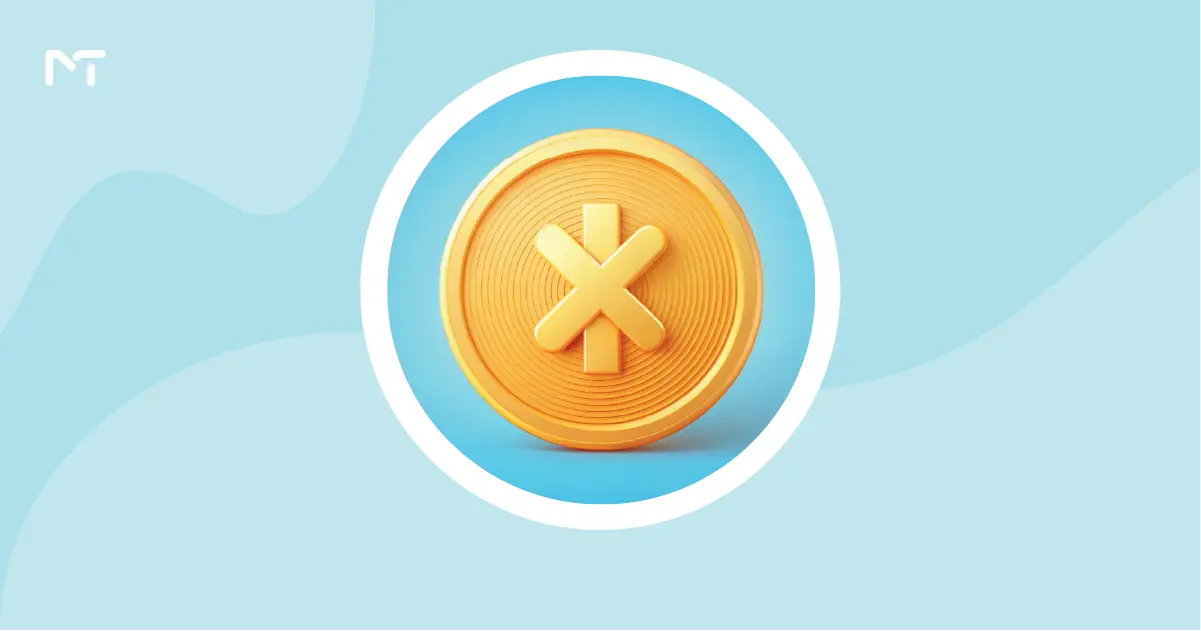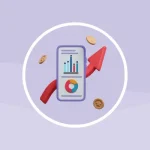In this article, we will explore the concept of “What Is NOT Coin” and clarify misconceptions surrounding it. Many people confuse different financial and digital assets, leading to misunderstandings about what truly qualifies as a coin. By the end of this guide, you’ll have a clear understanding of what does not fall under the definition of a coin and why it matters.
What Is NOT Coin: A Clear Definition
Understanding what does not qualify as a coin is just as important as knowing what does. Many financial instruments and digital assets are often mistaken for coins, leading to confusion among investors and users alike. In the following sections, we will explore key misconceptions and clarify the distinctions between coins, tokens, and other digital assets.
NOT coin Telegram Bot: A Unique Digital Asset
NOT coin is a popular Telegram-based game bot that initially started as a simple tap-to-earn game. Users would tap on a virtual coin to accumulate in-game currency, but the project quickly evolved into a Web3-integrated experience. Now, players can complete blockchain-related tasks and earn digital rewards. Despite its name, NOT coin is not a cryptocurrency but rather a gamified way to introduce users to digital finance and decentralized technologies. NOT Coin is not the only Telegram-based tap-to-earn game; another popular example is Hamster Kombat، which combines gaming with cryptocurrency elements in an engaging way.
While NOT Coin is not a cryptocurrency, its tap-to-earn mechanics share similarities with blockchain-based play-to-earn systems. Many blockchain games reward players with digital assets that hold real-world value, creating new ways to engage with decentralized economies. This growing trend has reshaped the gaming industry, giving players more control over their in-game earnings and assets.
Common Misconceptions About Coins
There are several financial instruments and digital assets that are often mistaken for coins. Below are the most common misconceptions:
1. Tokens Are Not the Same as Coins
Many people use the terms “token” and “coin” interchangeably, but they are distinct. A coin operates on its own blockchain (e.g., Bitcoin, Ethereum), whereas a token is built on an existing blockchain, such as ERC-20 tokens on the Ethereum network. This distinction is crucial when discussing digital assets.
2. Stablecoins Are Different from Traditional Coins
Stablecoins, like USDT or USDC, are pegged to real-world assets like the US dollar. While they function as a means of exchange, they are fundamentally different from traditional cryptocurrencies because their value is tied to external reserves rather than market-driven supply and demand.
3. Fiat Currency Is Not a Digital Coin
Government-issued money, or fiat currency (such as the US dollar or Euro), is not considered a coin in the digital space. Unlike cryptocurrencies, fiat currency is centrally controlled and does not operate on a decentralized ledger.
4. NFTs Are Unique Digital Assets, Not Coins
Non-fungible tokens (NFTs) are unique digital assets that represent ownership of specific items, such as art or collectibles. Unlike coins, which are interchangeable and used for transactions, NFTs are one-of-a-kind and serve different purposes.
5. Securities Function Differently from Coins
Some digital assets function more like securities than coins. If an asset derives its value from external profits or investment strategies, it is classified as a security rather than a coin. Regulatory bodies like the SEC often scrutinize such assets differently from cryptocurrencies.
Why Understanding These Differences Matters
Grasping the differences between coins and other financial assets is crucial for investors, traders, and enthusiasts. Misinformation can lead to poor investment choices, increased risks, and confusion in financial markets. By recognizing what does not qualify as a coin, individuals can make better financial decisions and avoid common pitfalls.
Conclusion: What Is NOT Coin
In this article, we examined the meaning of “What Is NOT Coin” and addressed common misconceptions about financial assets often mistaken for coins. Understanding these distinctions helps in making informed decisions about investments and digital transactions. By differentiating between coins, tokens, fiat currencies, and other digital assets, you can navigate the financial landscape with greater confidence.








Leave a Reply